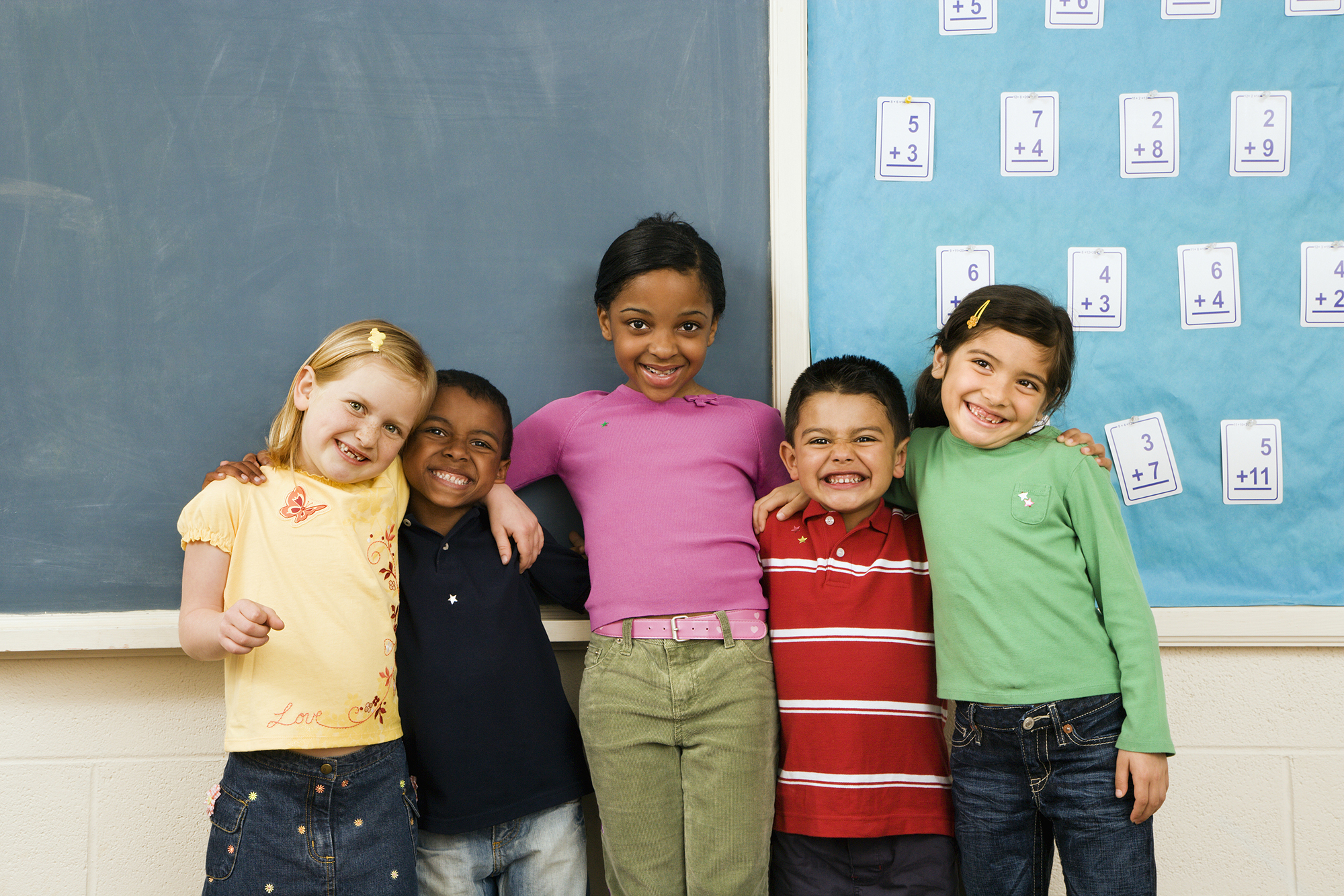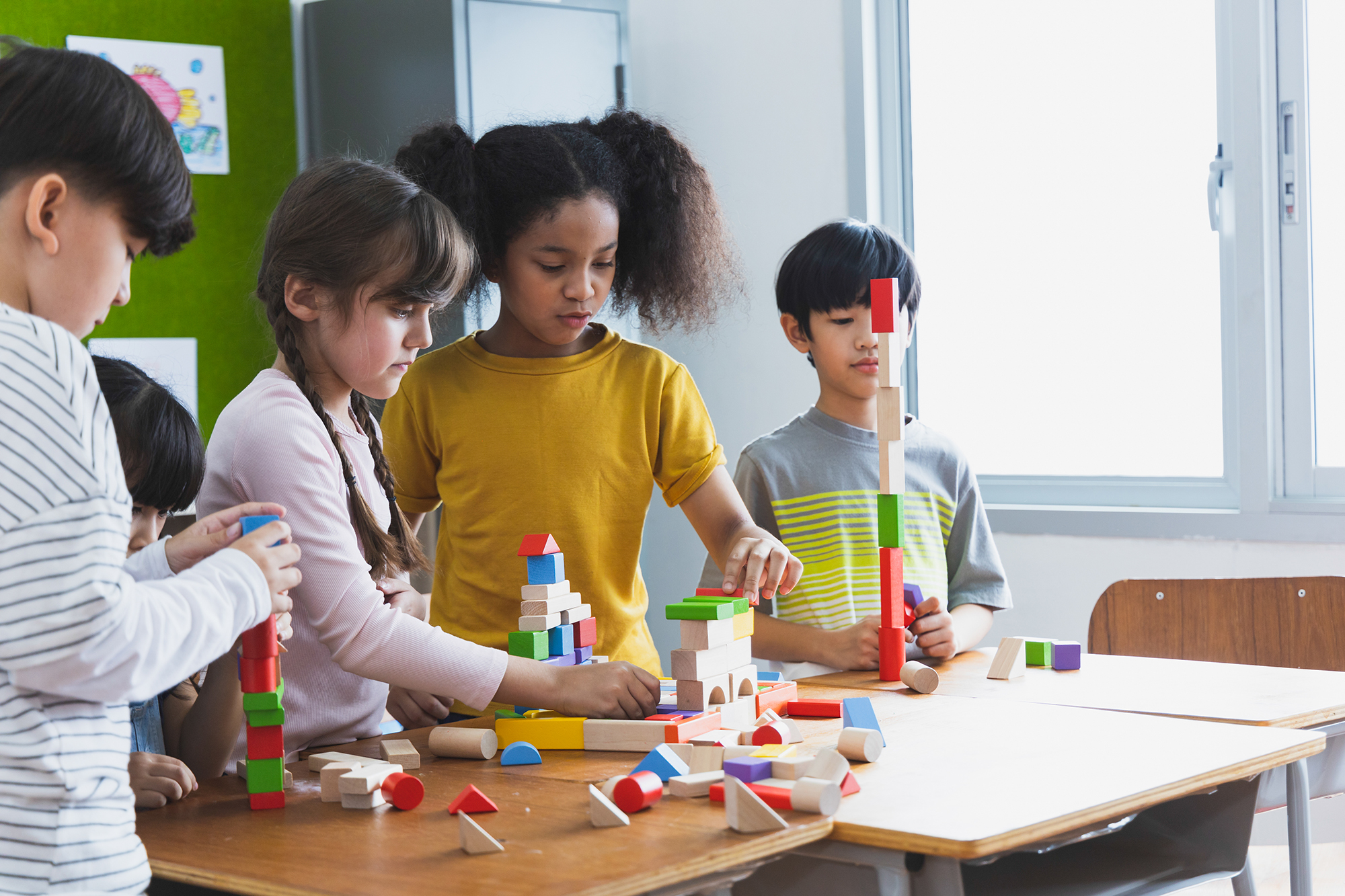What is Emotional Literacy?
EMOTIONAL LITERACY is the ability to recognize, understand and appropriately express our emotions. Just as verbal literacy is the basic building block for reading and writing, emotional literacy is the basis for perceiving and communicating emotions. Becoming emotionally literate is learning the alphabet, grammar and vocabulary of our emotional lives.
Emotions are an integral part of human nature. Through emotions we respond to life in many different ways - with anger, happiness, fear, love and loneliness. Emotions influence our thoughts and actions; they inspire our needs; they affect our bodies and impact on our relationships.
Many of the problems in modern society are due, at least in part, to people being unable to understand and appropriately express emotion. Emotional Literacy is a preventive tool, which properly understood, can help solve many social ills -- violence, illness, drug abuse, dysfunctional relationships, and global societal conflicts.
On the other hand, people who deal with emotions in a positive way find tremendous benefit. Emotional Literacy can contribute to health, to positive relationships, to success, and to quality of life.
Emotional Literacy is universally relevant. It can benefit every individual, every organization, and every profession. It has the capacity to transform each person and their relationships. Emotional Literacy is a key to living a full rich life. It is basic to joy and enthusiasm for living and fundamental to your ability to love and be loved.
Emotional Literacy is a profound and beautiful language available to everyone. It can be implemented rapidly, safely, and with lasting effect. Learning how to become emotionally literate is one of the best investments that human beings can make for themselves, their children, and the future.
Dr. Claude Steiner
Emotional Literacy was noted as part of a project advocating humanistic education in the early 1970s. The term was used by Claude Steiner (1997) who says:
Emotional Literacy is made up of ‘the ability to understand your emotions, the ability to listen to others and empathise with their emotions, and the ability to express emotions productively. To be emotionally literate is to be able to handle emotions in a way that improves your personal power and improves the quality of life around you. Emotional literacy improves relationships, creates loving possibilities between people, makes co-operative work possible, and facilitates the feeling of community.



